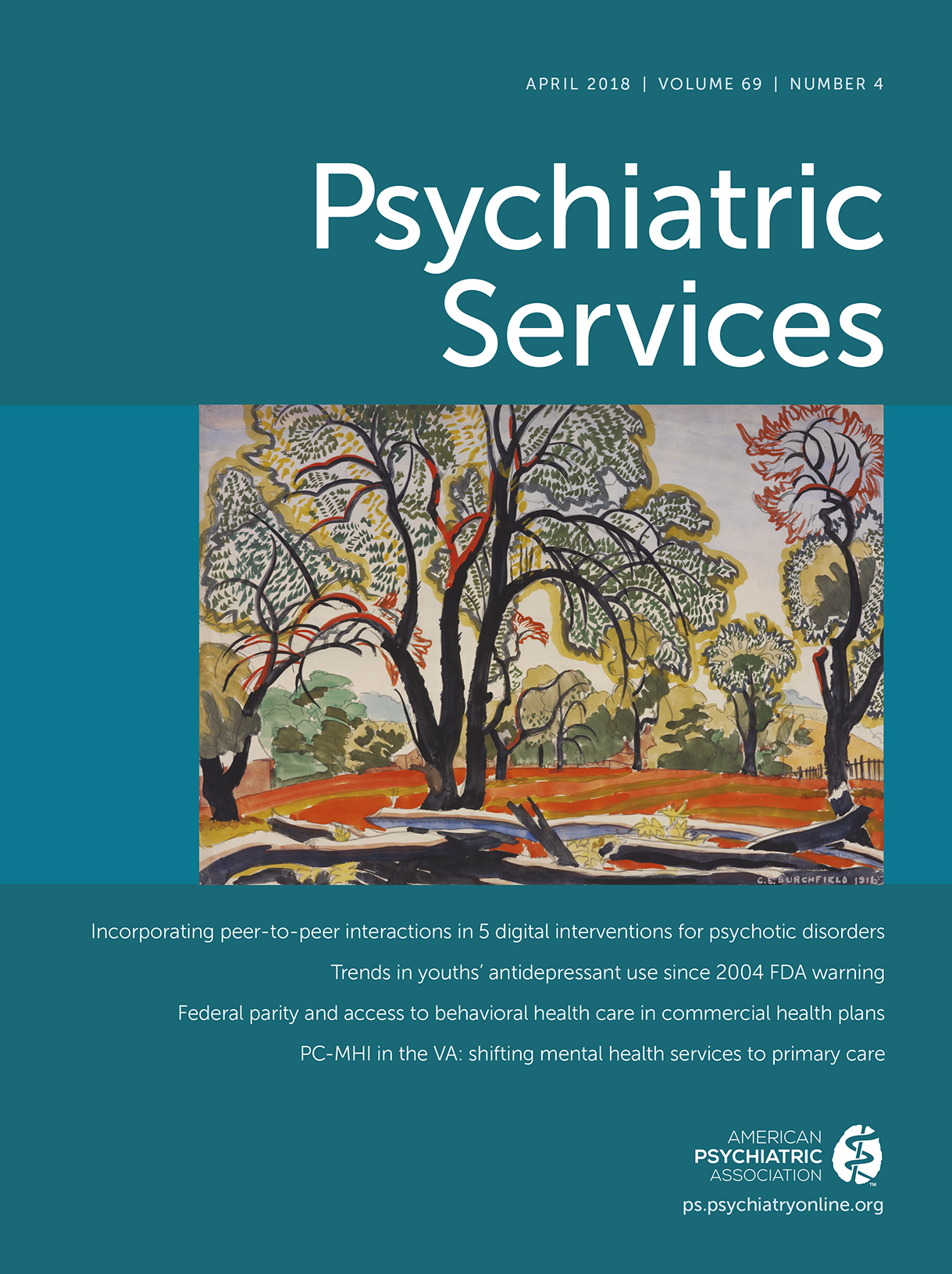A Comparison of Collaborative Care Outcomes in Two Health Care Systems: VA Clinics and Federally Qualified Health Centers
Abstract
Objective:
Collaborative care for depression results in symptom reduction when compared with usual care. No studies have systematically compared collaborative care outcomes between veterans treated at Veterans Affairs (VA) clinics and civilians treated at publicly funded federally qualified health centers (FQHCs) after controlling for demographic and clinical characteristics.
Methods:
Data from two randomized controlled trials that used a similar collaborative care intervention for depression were combined to conduct post hoc analyses (N=759). The Telemedicine-Enhanced Antidepressant Management intervention was delivered in VA community-based outpatient clinics (CBOCs), and the Outreach Using Telemedicine for Rural Enhanced Access in Community Health intervention was delivered in FQHCs. Multivariate logistic regression was used to determine whether veteran status moderated the effect of the intervention on treatment response (>50% reduction in symptoms).
Results:
There was a significant main effect for intervention (odds ratio [OR]=5.23, p<.001) and a moderating effect for veteran status, with lower response rates among veterans compared with civilians (OR=.21, p=.01). The addition of variables representing medication dosage and number of mental health and general health appointments did not influence the moderating effect. A sensitivity analysis stratified by gender found a significant moderating effect of veteran status for men but not women.
Conclusions:
Veteran status was a significant moderator of collaborative care effectiveness for depression, indicating that veterans receiving collaborative care at a CBOC are at risk of nonresponse. Unmeasured patient- or system-level characteristics may contribute to poorer response among veterans.



